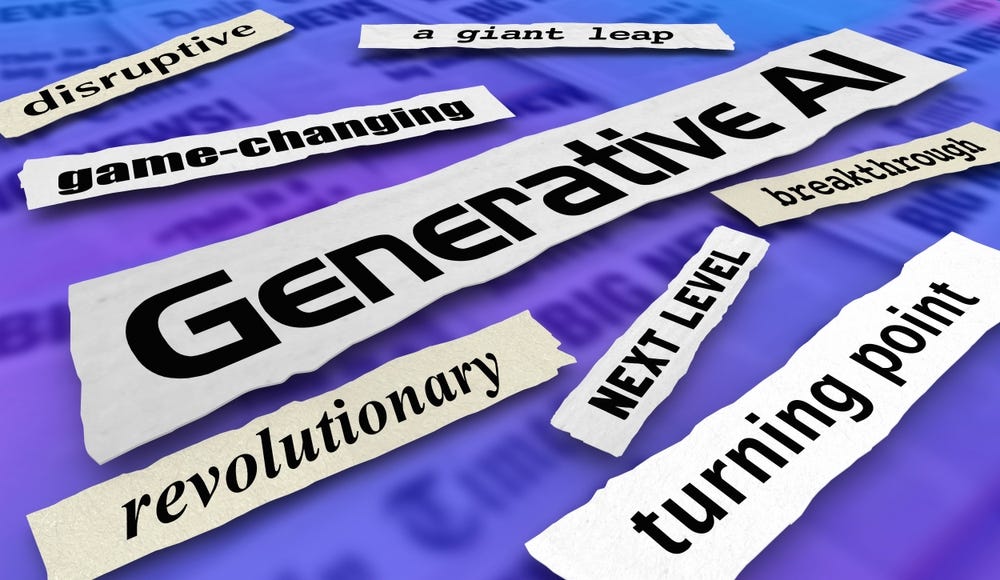Researchers highlight Nobel-winning AI breakthroughs and call for interdisciplinary innovation
A new article examines the convergence of physics, chemistry, and AI, highlighted by recent Nobel Prizes. It traces the historical development of neural networks, emphasizing the role of interdisciplinary research in advancing AI. The authors advocate for nurturing AI-enabled polymaths to bridge the gap between theoretical advancements and practical applications, driving progress toward artificial general intelligence.
Image: iQoncept/Shutterstock.com
Cosmetic dermatology in the digital age
Driven by rapid advances in technology and the ever-growing influence of the digital landscape, the art of caring for the physical body and the digital world are becoming increasingly intertwined. The field of cosmetic dermatology is no exception.
The term 'Digital Twin of the Earth' creates the idea of the availability of a highly accurate virtual copy of our planet, enabling researchers to predict the most complex future climate developments and extreme natural events. In fact, such a replica -- or model representation of the Earth systems -- is the goal of the Destination Earth project.
Revisiting vitamin D guidelines
In June of 2024, the Endocrine Society, influenced by a substantial body of research conducted in recent years, published new clinical practice guidelines for the testing and supplementation of Vitamin D for the prevention of disease. These new recommendations included limiting vitamin D supplementation beyond the daily recommended intake to specific risk groups and advised against routine 25-hydroxyvitamin D [25(OH)D] testing in healthy individuals.
Strategies for safe and equitable access to water: A catalyst for global peace and security
Water can be a catalyst for peace and security with a critical role in preventing conflicts and promoting cooperation among communities and nations -- but only if managed equitably and sustainably.
Preschool education: A key to supporting allophone children
A Canadian study reveals that allophone children often face learning and communication difficulties in kindergarten, which can negatively impact their educational journey.
Sound of traffic increases stress and anxiety, study finds
Manmade sounds such vehicle traffic can mask the positive impact of nature soundscapes on people's stress and anxiety, according to a new study.
Global food yields have grown steadily during last six decades, study finds
Contrary to widespread concerns that global crop yields have stagnated in recent decades, a comprehensive study of worldwide food production finds yields have continued to grow at roughly the same rate since the 1960s.
Moving 'hotspot' created world's longest straight underwater mountain belt
New research has revealed that the Ninetyeast Ridge -- the Earth's longest straight underwater mountain chain -- formed through a different process than previously believed. Stretching 5000 km along the Indian Ocean's 90-degree east longitude and nearly matching the length of North America's Rocky Mountains, the ridge offers crucial new insights into the movement of the Earth's tectonic plates.
Caregivers experience decline in well-being
New research, based on data from more than 28,000 caregivers in three countries, shows that the longer individuals spend caring for loved ones, the more their well-being suffers, regardless of the caregiving context. These findings underscore the need for policy discussions to alleviate the burden of informal care.
Making quantum physics easier to digest in schools
A team of physics educators is focusing on a new approach to teaching quantum physics in schools. Traditional classroom teaching has tended to focus on presenting the history of the origins of quantum physics, which often poses problems for learners. Using the quantum measurement process as an example, the researchers have now published their first empirical findings on learning quantum physics -- based on two-state systems.
Eliminating current physical activity disparities between male and female youth in the United States could save around $780 million for each new cohort of six-to-17-year-olds, according to a new study. In fact, bringing more equity to sports participation could save even more: $1.55 billion.
Recovery of testing for heart disease risk factors post-COVID remains patchy
Routine screening to detect risk factors for heart disease dropped sharply during the COVID-19 pandemic in England, and some key measurements, such as blood pressure readings, may still lag behind pre-pandemic levels, according to a new study.
A study offers a solution to water scarcity during droughts amid the tug of economic development, population growth and climate uncertainty for water users in Western U.S. states. The proposed two-way leasing contracts would coordinate agricultural-to-urban leasing during periods of drought and urban-to-agricultural leasing during wet periods, benefiting both urban and agricultural water users.
Delay and pay: Climate tipping point costs quadruple after waiting
The cost of reversing the effects of climate change -- restoring melted polar sea ice, for example -- quickly climbs nearly fourfold soon after a tipping point is crossed, according to new work. Much work has been done to explore the environmental costs tied to climate change. But this new study marks the first time researchers have quantified the costs of controlling tipping points before and after they unfold.
Sub-Saharan Africa leads global HIV decline
A new study reveals significant progress in the global fight against HIV/AIDS, alongside a stark warning that current trends indicate the world is not on track to meet the ambitious UNAIDS 2030 targets.


